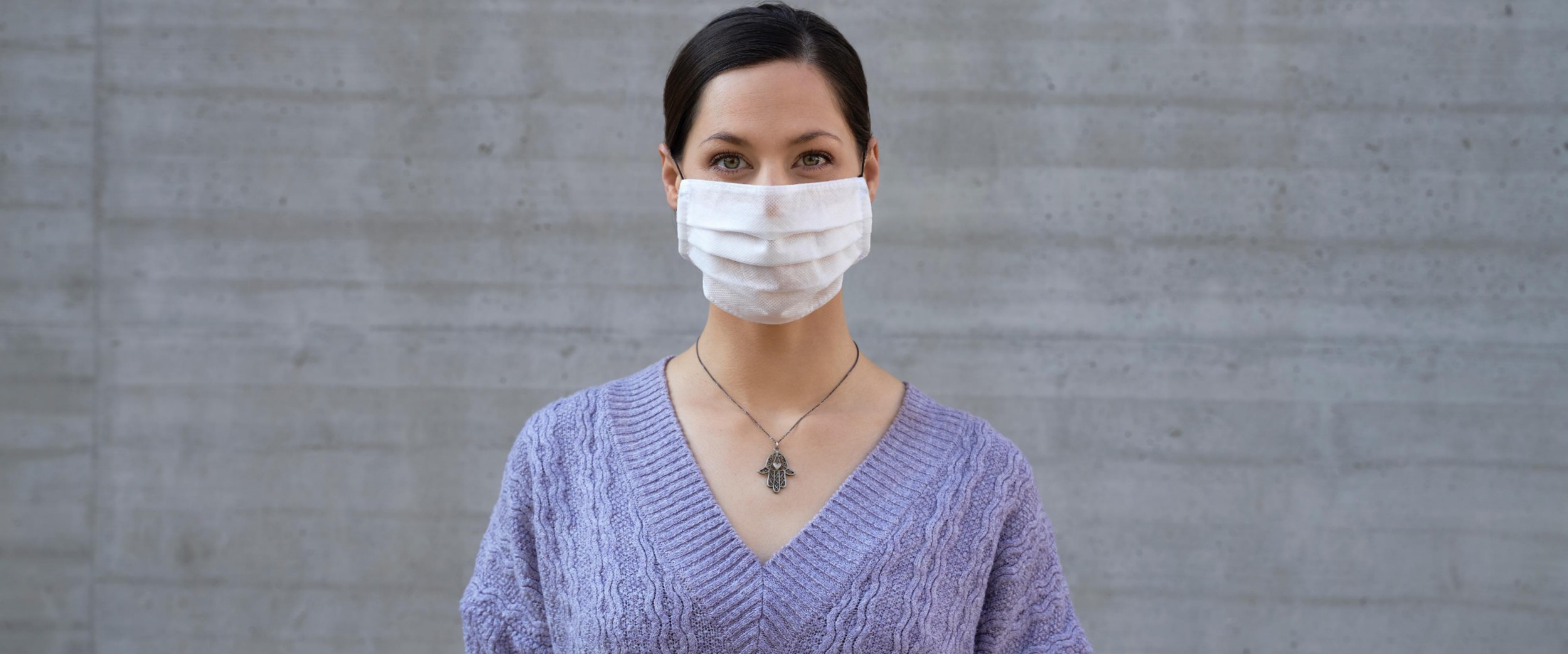The COVID-19 pandemic has been particularly concerning and challenging for many cancer patients and their families. As you’ve most likely heard by now, cancer patients and survivors may be at higher risk of complications from COVID-19 because cancer and cancer treatments can contribute to weakened immune systems. This has left many patients with questions on how best to navigate their cancer care, including whether it is safe to continue their treatment, will their health care be de-prioritized by the healthcare system and how they can reduce their risk of contracting the virus.
What is the impact of COVID-19 on cancer patients?
There is still much to learn about the impact of COVID-19 on people with cancer. There have been early studies from China and Italy that have indicated that some cancer patients may be at higher risk for more serious outcomes of COVID-19. Some cancers can result in a compromised immune system. As well, certain cancer treatments can weaken immune systems. The immune system is a complex system however, and only effects on some aspects of the immune system will cause a higher risk of developing infections, including viral infections like COVID-19. [i]
What should patients know about the risk of their cancer treatment increasing their risk of infection?
It is natural to have concerns about the impact of your treatment regimen on your immune system and your risk of infection. Your health care team is carefully trying to balance managing your treatment regimen and lowering your risk of infection while striving to ensure you receive optimal treatment in a safe approach. It is important to remember that while certain cancers and treatments can contribute to weakened immune systems, there is no data suggesting that all cancer treatments increase your risk of getting COVID-19.
Regardless of the treatment type, it is advisable to connect with your cancer care team about whether adjustments to your treatment regimen are appropriate or necessary. You may want to discuss the goals of your treatment, the likelihood of your cancer being controlled with the planned treatment, the intensity and side effects of treatment, and the availability of supports to reduce and manage the side effects of treatment.
Some specific questions to ask your team may include: [ii]
- Do the benefits of delaying treatment outweigh the risks?
- How long can I safely delay treatment?
- Are my scheduled scans or tests important or can they be delayed? Monitoring cancer is usually critical, to ensure your treatment’s effectiveness and safety, but some screening or surveillance tests can be safely delayed.
- Would treatment at a different hospital with fewer COVID-19 patients be safer?
- What are some alternatives to treatment in a hospital?
- What symptoms would warrant immediate or emergency treatment?
For many patients, it is important to ensure your cancer care is continuing as scheduled. Cancer currently presents a higher overall risk to your health and quality of life, in comparison to COVID-19. If you have concerns about your risk of infection of COVID-19, speak to your cancer care team about additional precautions you can take. Also speak to them before canceling any appointments or scans. If you experience a fever or other symptoms of infection, request medical evaluation from your health care team and inquire about rescheduling your appointment. [iii]
It’s important to know that the cancer care teams and the hospitals are working to ensure that all necessary measures are being taken to minimize the risk and exposure to COVID-19 for cancer patients.
Should I still be contacting my health care provider if I’m experiencing changes in my health?
It’s still important to connect with your health care provider if you notice changes in your health or are experiencing serious side effects from treatment. Arrangements may be made to have a virtual appointment, or if an in-person appointment is required doctor’s offices, cancer centres, and centres for diagnostic imaging are taking all necessary precautions to ensure the safety of patients. It’s important that you continue to share health concerns with your health care providers and discuss what the best course of action may be to support your overall health.
What measures can people with cancer take to stay healthy?
Adhering to the cautionary measures outlined by public health agencies, including the Public Health Agency of Canada and the World Health Organization, is the best way to lower your risk of getting sick. This includes such measures as:
- washing your hands frequently with soap and water;
- staying home as much as possible to prevent close contact with people who may be sick and;
- avoiding all non-essential travel. [iv]
People with cancer should also reach out to their healthcare providers to inquire about digital and telehealth services for non-emergency and routine follow-up care to avoid in-person appointments and visits. [v]
What resources are available for patients?
COVID-19 Resources and Updates from Canadian Breast Cancer Network
Cancer and COVID19 (novel coronavirus) from Canadian Cancer Society
Common Questions About the New Coronavirus Outbreak from American Cancer Society
Advice on coronavirus for people with cancer from Breast Cancer Now
Mitigating the Spread of COVID-19 and Its Impact on Cancer from The ASCO Post
[i]
https://www.cancer.ca/en/support-and-services/support-services/cancer-and-covid19/?region=on
[ii]
https://www.medicalnewstoday.com/articles/breast-cancer-and-covid-19#handling-delays







